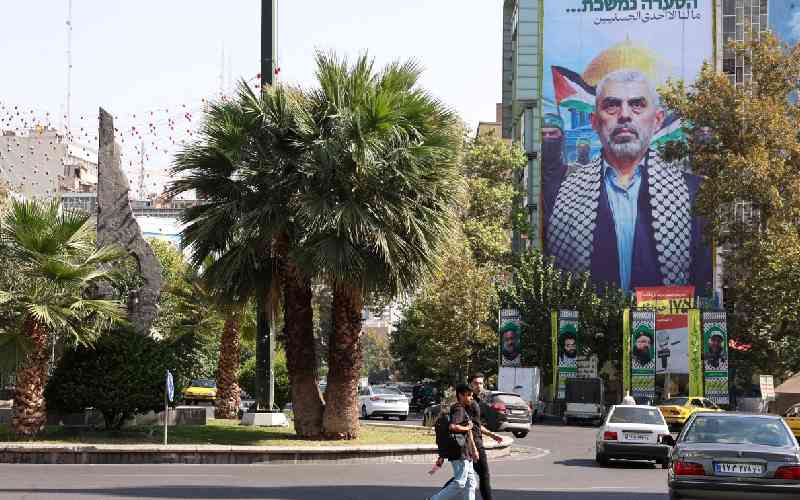×
The Standard e-Paper
Kenya’s Boldest Voice

Slain Hamas leader Yahya Sinwar was seen as a key obstacle to any agreement on the Israeli hostages seized during the October 7 attack that he orchestrated.
With his group plunged into a leadership vacuum by his death, the future of hostage negotiations appears to have become even more complicated.







